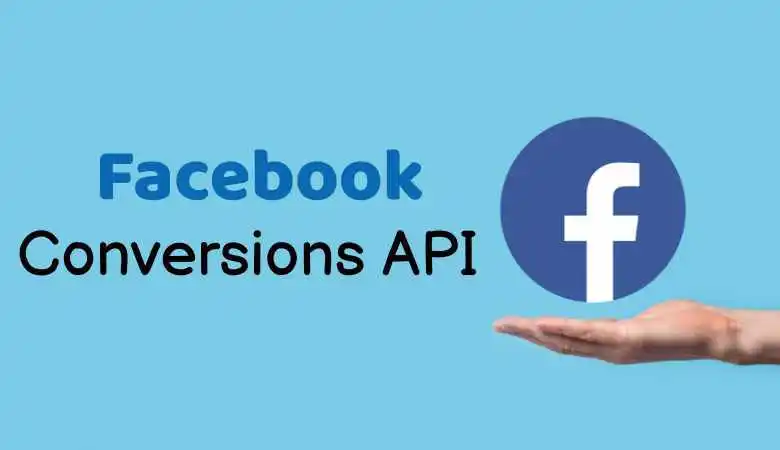What is the Facebook Conversions API & How to Install It?
A new and outdated topic. Some are updated, and many are behind. We are not satisfied with improved conversions and Google’s V2 consent mode. Privacy policies are in effect for all platforms. Facebook ads (Meta ads) are no exception. Although it may seem tedious, it is a very important topic that we must consider if we want to benefit from the information provided by users in a legal, safe and credible way. That said, let’s move on to the Facebook conversion API.
What is the Facebook Conversions API?
The Facebook Conversions API (also called CAPI) measures the success and quality of campaigns carried out through the events created.
That is, it allows us to obtain more and better information about our ads.
And yes. The first thing you’re probably thinking is, “But I have all the information about this in my Ads Manager. I’ve even created a specific view with conversion values and everything.” “Plus, I know that the pixel is installed correctly.”
Yes. And that’s great. But remember what they say about third-party cookies, privacy and all that other stuff? Well, it’s happening.
The pixel measures its data through third-party cookies, which, as we all know, are on their last legs (they are expected to disappear from Google Chrome at the end of 2024 or the beginning of 2025 but are, by the way, delayed once again).
The API does this directly from the web server, supposedly collecting higher-quality information and establishing greater control over the data.
Is CAPI compatible with the Facebook pixel?
Yes. According to recommendations, and at least until the absolute disappearance of third-party cookies (or a future concept called the pixel), it is advisable to have both collection and management methods configured. Combining both can open the door to more information bet, better knowledge, and the path to successful campaigns.
How to install Facebook Conversions API?
The platform offers us a series of installation options.
- Via computer programming: Perhaps the most complicated and not for everyone, as it requires a specialist in the field. However, the platform provides instructions to the professional on how to carry it out.
- Implementation through partners: Installation through partners is possible using content management systems (CMS) with prior meta agreements. Whether it is WordPress, Shopify or others. They usually have plugins that simplify implementation, consisting of copying/pasting a token (a kind of password provided by Facebook, very similar to pixel IDs) and subsequent integration tests.
- Google Tag Manager: Integration is possible, although it requires the installation of a container on the server side, which is more complex than the conventional method. Indeed, there are also solutions from the community (usually paid) that can facilitate these steps.
Installing the Conversions API is of great importance if you want to:
- Measure more effectively (devices, tracking, attribution models)
- Have greater control over data
- Anticipate the end of third-party cookies and avoid being left with zero shortly.

